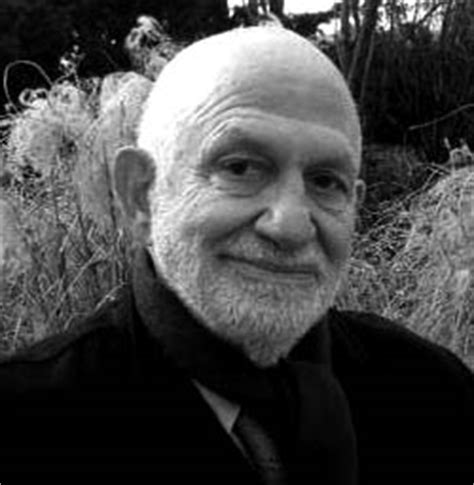A Quote by Rosamund Pike
I certainly relish the chance to play a woman who didn't have to conform in any way ever to expected behavior or desirable behavior or attractive behavior.
Related Quotes
True doctrine, understood, changes attitudes and behavior. The study of the doctrines of the gospel will improve behavior quicker than a study of behavior will improve behavior. Preoccupation with unworthy behavior can lead to unworthy behavior. That is why we stress so forcefully the study of the doctrines of the gospel.
When you look at any experimental work not directly related to economics, but trying to test rational behavior in other ways, experiments have conspicuously failed to show rational behavior. Macro evidence certainly suggests deviations from rationality, but I don't want to say the rationality hypothesis is completely wrong. If you have any introspective idea or experimental idea about people's behavior, it seems to be incompatible with the really full scale rational expectations.
Human behavior is subject to the same laws as any other natural phenomenon. Our customs, behaviors, and values are byproducts of our culture. No one is born with greed, prejudice, bigotry, patriotism and hatred; these are all learned behavior patterns. If the environment is unaltered, similar behavior will reoccur.
The way one behaves and feels as a Dutchman and Dutchwoman is the result of a long development. It is by no means 'the natural way' or 'the human way' of behaving, it is a particular code of behavior which has developed over the years. And these people, the immigrant people, come from a group where different standards of conduct and behavior have developed. What clashes are these two standards of conduct and behavior.
Stop being a critic and be a light; don't be a judge, be a model. I think we are far too critical. I think the best way to correct behavior is to accentuate and affirm positive behavior and to ignore negative behavior. Generally speaking, there is a time to correct, of course; but my biggest advice would be, 'Affirm your child.'




































